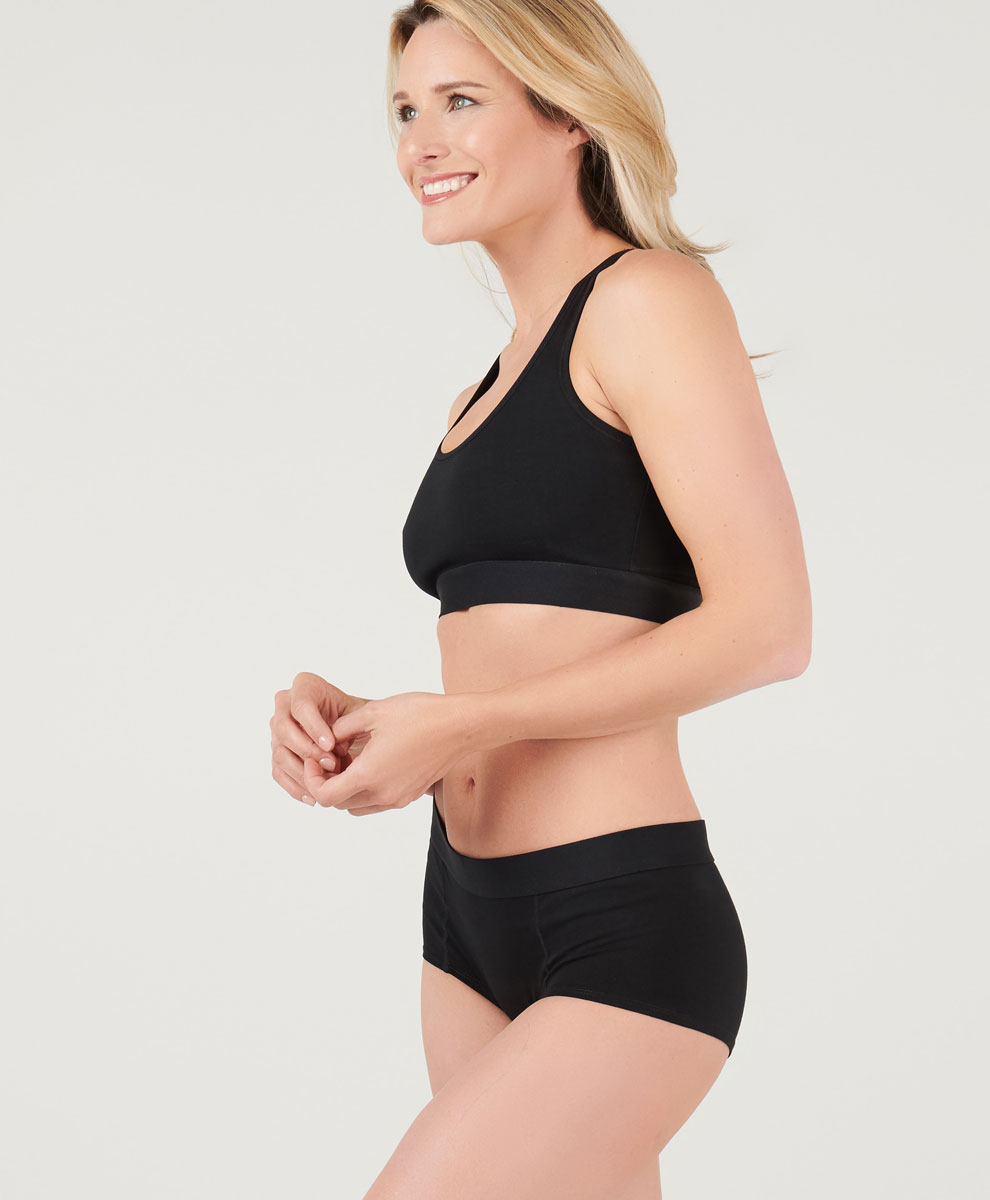From Food to Fashion: Why Organic Clothes are the Next Craze
It’s not strange nowadays to see someone reading ingredient labels in the grocery aisle, but customers are starting to also turn over clothing labels -- getting curious about what goes in and on their bodies. In Whole Foods, you might see both: someone carrying an organic papaya as well as organic undies or a hoodie from the organic-cotton brand, Pact. What’s driving people to rethink the role organic plays in their lives?
1. Fast Fashion is Filling our Landfills
The idea that you can afford to wear something once and then just toss it out is resulting in heaping piles of clothes in our landfills. In fact, Americans recycle or donate only 15 percent of their used clothing, and the rest—about 10.5 million tons a year—goes into landfills, giving textiles one of the poorest recycling rates of any reusable material. How can you help the “Slow Fashion” movement? Pick out classic clothes that will last long and/or are made of natural materials such as Pact.
2. Reading Ingredient Labels
Just like we’ve seen in the food industry where people are getting accustomed to reading ingredient labels, there is growing consumer interest in knowing just what exactly is in their clothes too. The fact that your clothes are against your body all day and your skin is your biggest organ has people thinking twice about the synthetic materials and dyes that go into the apparel manufacturing process. The challenge people are throwing out: Isn’t what we put on our bodies is as important as what we put in our bodies?
Available at Whole Foods Nationwide
- Pact Organic -
3. Global Citizenship Purview
The apparel industry has long had a bad reputation when it comes to the treatment of its workers. In fact, the term “sweat shop” originated between 1830 and 1850 as a specific type of workshop in which a certain type of middleman, the sweater, directed others in garment making. Even though most American clothing companies manufacture overseas which preserves the “out of sight, out of mind” mentality, people are starting to think more globally about the rights and ethics of the global workforce. Many independent organization such as Fair Trade International are joining in to certify factories, particularly ensuring that working conditions, human rights, and safety standards are upheld.
4. Affordability: Democratizing Organic
Many people believe that as soon as the word "organic" is slapped on something, you’ll have to pay a higher price. While sometimes it is more expense to produce organic crops, many manufacturers are finding creative ways to keep the costs down. For example, by growing organic cotton in a geographic area ripe for cotton production, companies like Pact are able to reduce the cost of production (and harm to the planet) and pass on the savings. Ingenuity like this will continue to drive down prices so that we are all once again wearing what our great grandparents wore when only organic cotton existed.










